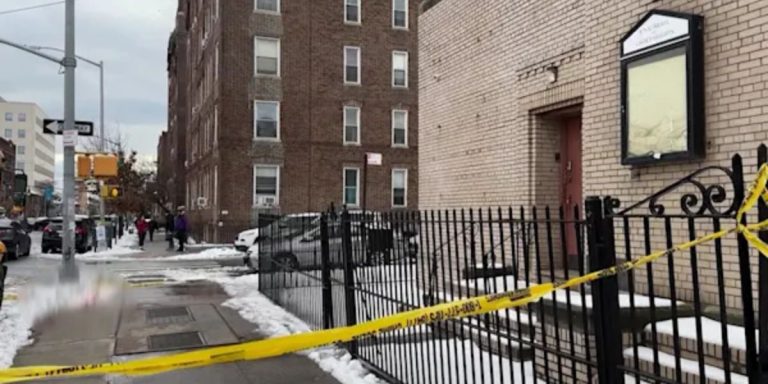Governor Kathy Hochul’s ambitious $35 billion education budget proposal is encountering mounting scrutiny from both lawmakers and state agencies. At the heart of the debate is the proposed overhaul of foundation aid, the primary education operating formula in the state and a crucial source of funding for public schools.
Hochul’s plan entails a substantial $507 million increase from the previous year’s budget for foundation aid. This increase is part of a broader initiative that includes a wealth-based transition adjustment to the formula. The aim is to direct more funds toward economically disadvantaged school districts and mitigate the impact of declining enrollments.
However, not everyone is on board with the proposed changes. Concerns have been raised by some Republican lawmakers who fear potential cuts to their districts. Senator Tom O’Mara (R-Big Flats) voiced his apprehension, pointing out that several school districts across the Southern Tier and the Finger Lakes are facing significant cuts, some exceeding a million dollars. He emphasized the unsustainable nature of such reductions for these districts.
This sentiment isn’t confined to one side of the aisle, as some Democratic lawmakers echo similar concerns. Senator Roxanne Persaud (D-19th Senate District) emphasized the collective effort invested in securing the current level of education funding and cautioned against any cuts. The bipartisan worry indicates a shared belief in the importance of maintaining or even increasing educational funding to support the diverse needs of districts across the state.
During a recent education budget hearing, Commissioner Betty Rosa of the New York State Department of Education expressed her reservations about the governor’s proposed alterations to the aid formula. Commissioner Rosa not only questioned the wisdom of the proposed changes but also advocated for a longer-term solution. She suggested a comprehensive three to five-year plan to address the intricacies of foundation aid and state aid.

Read more:
- Diversity Prohibition in Texas Public Colleges: Effects on Students and Multicultural Organizations
- High School Athletes in Florida May Soon Benefit from NIL Opportunities
- Student Consequences Authorized for Supporting Hamas
- Student Loan Realities: The Shift from Pause to Panic for Borrowers
Commissioner Rosa’s statement reflected a broader sentiment within the education sector, emphasizing the need for a more nuanced and comprehensive approach to funding adjustments. The call for a “longer runway” indicates a desire for a thorough examination of the challenges faced by school districts, recognizing that a sustainable solution may require time, collaboration, and a deeper understanding of the issues at hand.
The proposed wealth-based transition adjustment, while aiming to address disparities, has inadvertently sparked a complex debate about the potential unintended consequences on certain districts. Striking a balance between equity and the specific needs of individual districts emerges as a formidable challenge in the ongoing discussions surrounding the education budget.
Governor Hochul’s vision for education funding, while ambitious and geared towards rectifying economic disparities, is now subject to a delicate balancing act. The divergent perspectives from lawmakers, both Republican and Democratic, underline the intricacies of educational budgeting and the necessity for a collaborative, comprehensive, and sustainable approach.
As the debate unfolds, it becomes evident that stakeholders across the political spectrum and within the education system share a common goal: ensuring that any changes to the education budget prioritize the well-being of students, maintain the integrity of educational programs, and foster an environment conducive to long-term academic success. The ongoing discussions and debates surrounding Governor Hochul’s education budget proposal underscore the complexities inherent in crafting a financial plan that meets the diverse needs of New York’s education landscape.




























+ There are no comments
Add yours